Menu
Columns
Showing 3546 Columns
Showing 3546 Columns
February 18th, 2014

Image via Slash Gear Book--(noun) a written or printed work consisting of pages glued or sewn together along one side and bound in covers (Oxford English Dictionary) Irony--(noun) writing a column for an online mag about how you hate reading books online.
Read Column →February 18th, 2014
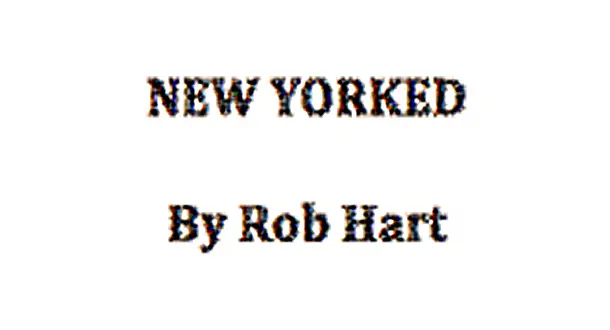
Back in January 2012 I started a column for this site called "The Path to Publication." I was nearing completion of a novel, and planned to document the process of querying, getting an agent, and everything that came after. The column lasted for four installments before I realized three things:
Read Column →February 17th, 2014

“Punk” is one of those words that’s used in so many ways to describe so many things that it has lost all meaning. People have been kicking over garbage cans for millennia, so to speak, and Punky Brewster was more Brewster than punk. To complicate matters further, we use the word to describe various subgenres of science fiction, and things have gotten completely out of hand.
Read Column →February 14th, 2014
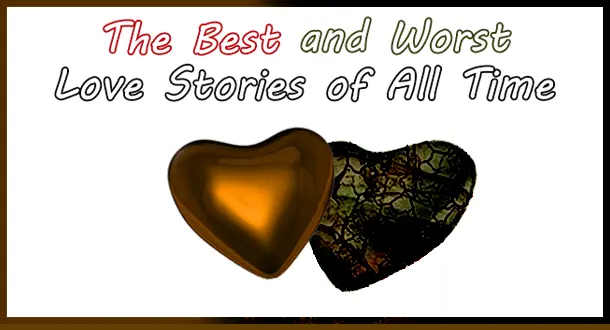
What makes a love story great? What makes it terrible? A thousand people will give you a thousand different answers. As I'm about to share some of my favorite and least favorite love stories of all time, it seems wise to let you know what my criteria are.
Read Column →February 14th, 2014

When seven mobsters were found dead in a Clark Street garage in the Lincoln Park area of Chicago eighty-five years ago today, the prevailing opinion, once news of the grisly murders spread throughout the country via telephone, telegraph and, the next day, the daily papers, was that Al Capone, the stocky, burly gangster of not-so-ill repute, was the mastermind behind what came to be known as the Saint Valentine's Day Massacre.
Read Column →February 13th, 2014

Valentine's Day, or as the more unoriginal among us like to call it, Singles Appreciation Day, is fast approaching, and if you're like 99.9% of people who regularly read (or write for) this site, chances are you are, once again, desperately, desperately alone. Don't feel bad, you never really had a chance. After living a life so devoted to writing, words, books, and other things associated with pen and paper, how can anybody ever expect your talents to translate over into real life?
Read Column →February 13th, 2014
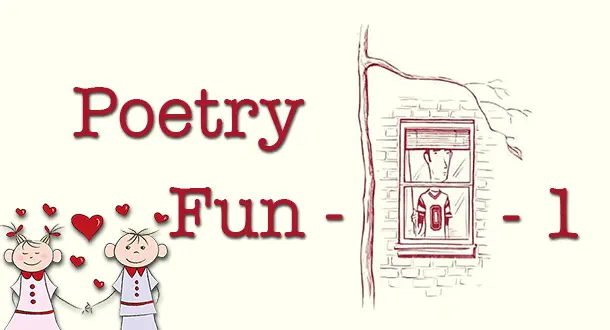
A great poet once said, "All poems are love poems." Okay, it was a decent poet. Fine, it was me, all right? You caught me, congratulations. Maybe not every single poem in the world is a love poem, but regardless of the veracity of my claim, there are certainly more than enough to go around, a revolting amount of written endearment floating on that literary sea like emotional driftwood. How did the world end up with so many love poems anyway?
Read Column →February 13th, 2014
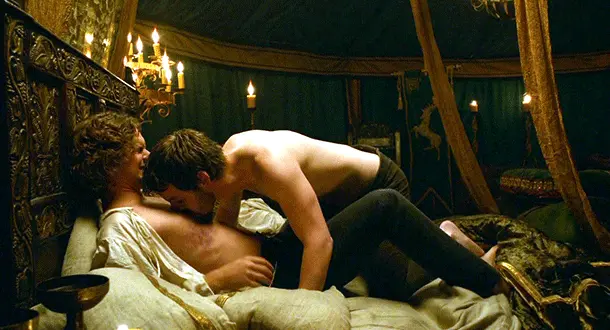
Valentine’s Day is almost upon us and it’s a time (they tell us) to celebrate relationships and love. Last year I looked at unconventional relationships. This time I wanted to look at some queer (LGBT) relationships in science fiction and fantasy.
Read Column →February 12th, 2014
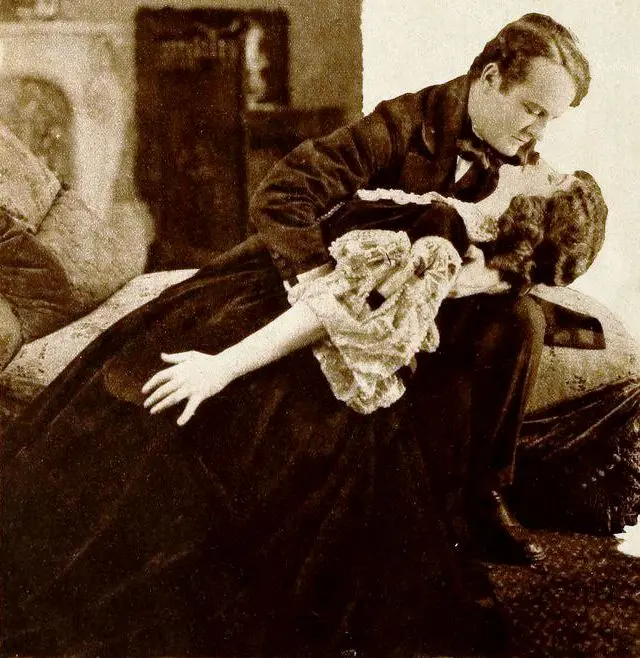
About four years ago, a bookstore owner advised me to read romance novels. Romance readers are some of the most dedicated of any genre, he told me. They’ll stick with a series or favorite author through any number of pitfalls, continuing to buy new titles. Bring on a romance expert, and you’re basically guaranteed regular customers.
Read Column →February 11th, 2014

TRIGGER WARNING: This column refers to sexual harassment and assault, and may be triggering to some people. Conventions are fantastic events, particularly for the writing and publishing industry. They give writers a chance to network with agents and publishers, and other writers. Aside from the positive business advantages of attending conferences, they can be wonderful social events.
Read Column →Submitting your manuscript?
Professional editors help your manuscript stand out for the right reasons.
